[NCTS-NTU String Theory Seminars] 1. Soft photon theorem from a CFT Ward identity & 2. Holomorphic CFTs, topological modular forms, and Moonshine
Titles:
[NCTS-NTU String Theory Seminars]
1. Soft photon theorem from a CFT Ward identity
2. Holomorphic CFTs, topological modular forms, and Moonshine
Speakers:
1. Dr. Karan Fernandes (NTU)
2. Dr. Ying-Hsuan Lin (Harvard Univ.)
Time:
May 13, 2022 (Fri)
14:30-15:30 (Taiwan time)
16:00-17:00 (Taiwan time)
Venue: RM815, Dept. of Physics, NTU (Hybrid)
Meeting Link: https://nationaltaiwanuniversity-zbh.my.webex.com/nationaltaiwanuniversity-zbh.my/j.php?MTID=mfe4e8f2a606a1015866fc65718539bbd
Meeting number: 2556 152 2630
Password: GrF8k8cWP37
Abstracts:
1. Dr. Karan Fernandes "Soft photon theorem from a CFT Ward identity"
Classical soft theorems applied to a probe particle scattering on AdS$_4$ spacetimes reveal the existence of $\frac{1}{\omega^2 L^2}$ corrections to the leading soft photon factor on asymptotically flat spacetimes. In this talk, I will discuss how one can obtain this result from the Ward identity of a conformal field theory with global $U(1)$ symmetry. We follow the approach of Hijano and Neuenfeld wherein the Weinberg soft photon theorem was derived in the $L \to \infty$ limit of the Ward identity. By considering $1/L^2$ corrections, we find an expression of a corresponding soft photon creation operator in terms of the current on the boundary. The corrected soft photon theorem resulting from the Ward identity involves an additional angular integration over low frequency modes compared to the flat spacetime result. By approximating this integral over its dominant contribution, we recover the corrected soft theorem derived previously using classical soft theorems.
2. Dr. Ying-Hsuan Lin "Holomorphic CFTs, topological modular forms, and Moonshine"
We use the theory of topological modular forms to constrain bosonic holomorphic CFTs, which can be viewed as (0,1) SCFTs with a trivial right-moving supersymmetric sector. A conjecture by Segal, Stolz and Teichner requires the constant term of the partition function to be divisible by specific integers determined by the central charge. We verify this constraint in large classes of physical examples, and rule out the existence of an infinite set of extremal CFTs, including those with central charges c=48,72,96 and 120. Applying the constraint to orbifolds of multiple copies of the Monster CFT, and aided by Borcherds' generalized denominator formula, we are further led to number-theoretic observations on the Fourier coefficients of the McKay-Thompson series.


